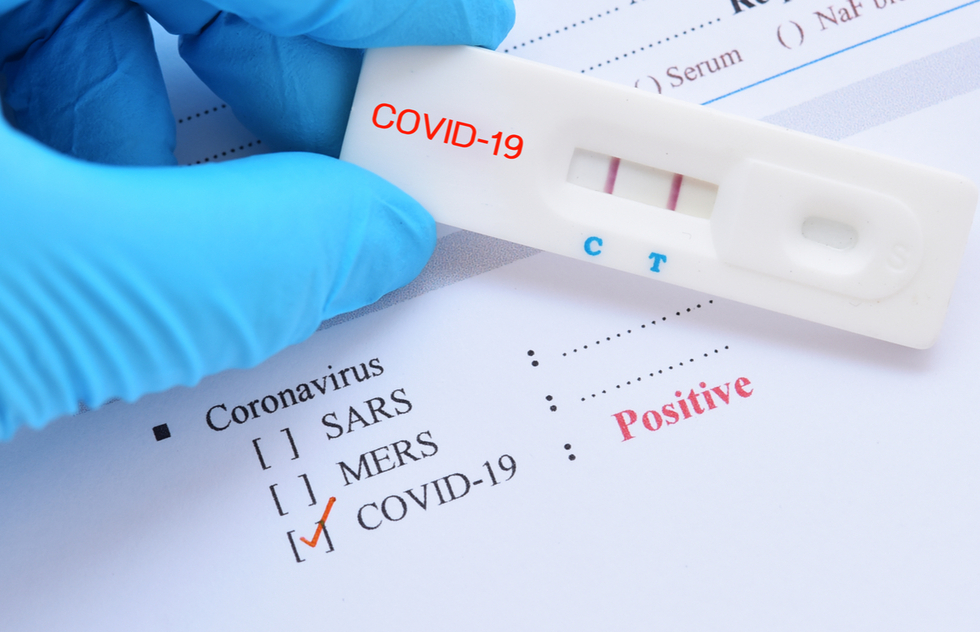Here's a good reason to hold onto your positive Covid-19 test results: For several months after you've recovered from the virus, those positive results can be your key to resuming international travel.
Because those who have been infected with Covid-19 are unlikely to catch it again for at least six months (according to the Centers for Disease Control and Prevention), many countries will accept proof of recent recovery from the virus in lieu of negative test results to meet entry requirements.
That option may come in handy because 1.) more people than ever are testing positive due to the highly transmissible Omicron variant, 2.) in some cases patients may continue to test positive for up to six weeks even though they have recovered from symptoms and are no longer contagious (most folks test positive for five to eight days after infection), and 3.) pre-departure tests for travel aren't always easy to come by.
Assembling documentation that demonstrates you've recovered from Covid could ultimately prove easier than scrounging up a fresh test with negative results. Once you've got your proof of recovery, it should remain valid for three months or so (depending on the regulations of your destination country.)
Here's the documentation you'll need to show you've gotten over the virus.
A recent positive test result
How recent? The generally accepted recovery period for Covid is 10 days after infection, provided symptoms have ended. So your positive result will need to be at least that old to confirm that you're well.
The length of time a positive test remains valid for border crossings will vary slightly by country. For example, Canada accepts positive results up to 180 days old, while the U.S. imposes a 90-day expiration.
Be sure to read your destination's Covid-related entry requirements closely (the U.S. State Department maintains a searchable, nation-by-nation database on its website) as well as what will be required of you to return home.
Pay special attention to the type of test results accepted—for many countries, including the U.S., positive results will need to be from molecular tests (such as PCR tests) rather than rapid antigen tests, and the tests must have been administered by health care personnel. No unsupervised at-home results allowed.
U.S. entry rules stipulate that the documents with your positive test results must also list where and when the test was administered and must contain the patient's identifying information (name, address, and so on).
Keep in mind that proof of recovery is in most cases a substitute for new Covid testing only. If the country you're visiting has a vaccine requirement for entry, proof of recovery from Covid may not be accepted as a valid substitute for getting vaxxed.
A doctor's note
Some places, such as Canada, accept a recent positive test alone as proof of recovery from Covid. But many others, including the U.S. and most European countries, require an accompanying letter or certificate from a licensed health care provider or public health official.
U.S. guidelines, devised by the CDC, are very detailed: The letter "must be signed and on official letterhead that shows the name, address, and phone number" of the medical professional(s) verifying that you were diagnosed with Covid-19, completed the appropriate period of self-isolation, and have been cleared to reenter society.
The letter doesn't have to mention travel directly, the agency adds, so if you had to get a written okay to return to work or school, you can use that same document for vacationing purposes.
Among your options for obtaining the permission note: your primary care physician, an urgent care clinic, or one of the telemedicine providers promising CDC-approved proof-of-recovery services. (MDAnywhere will oblige for $69 a pop.)
Be advised that your health insurance, if you have it, may not cover the cost of some medical visits and services, but it never hurts to see if the insurance company will reimburse you.






